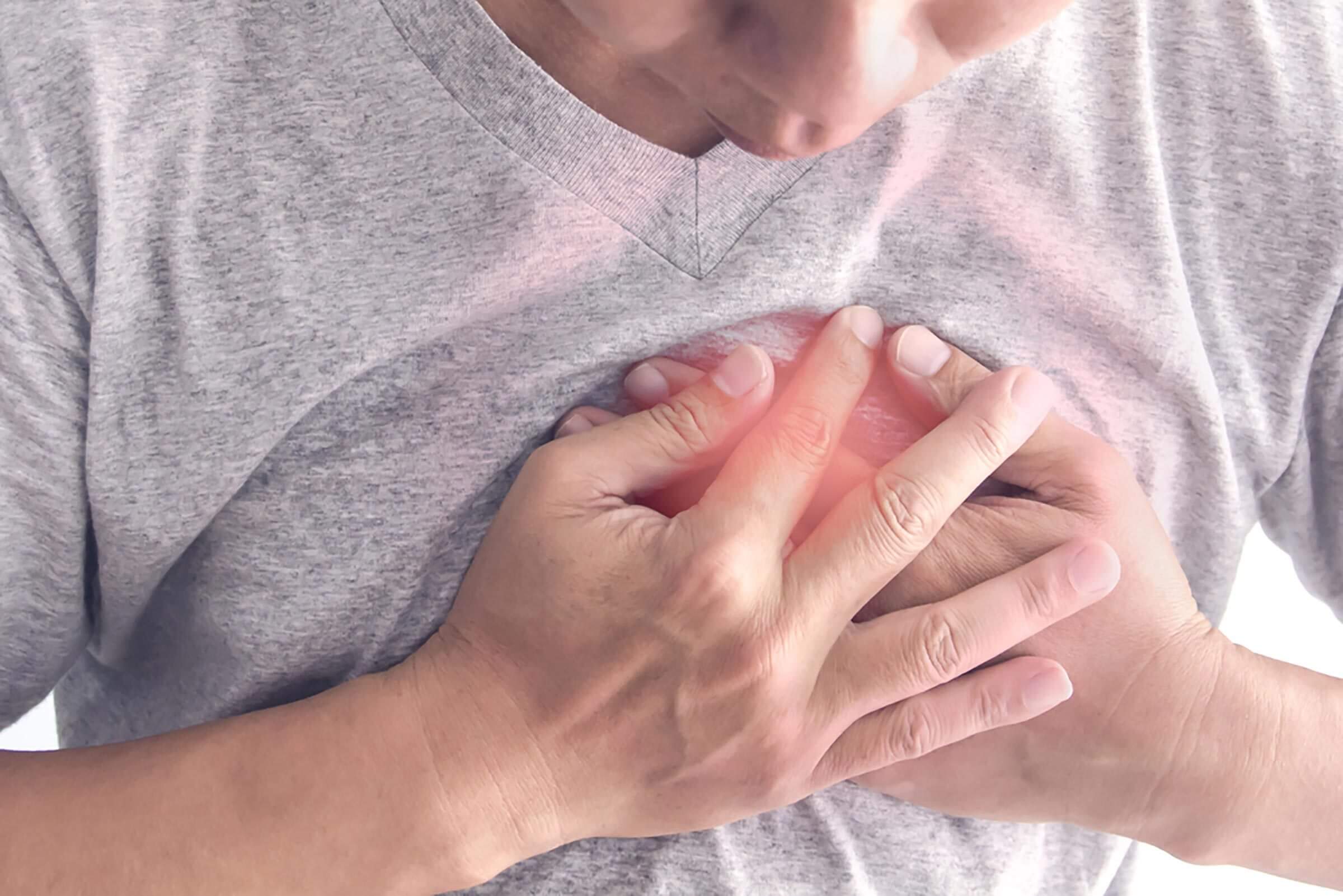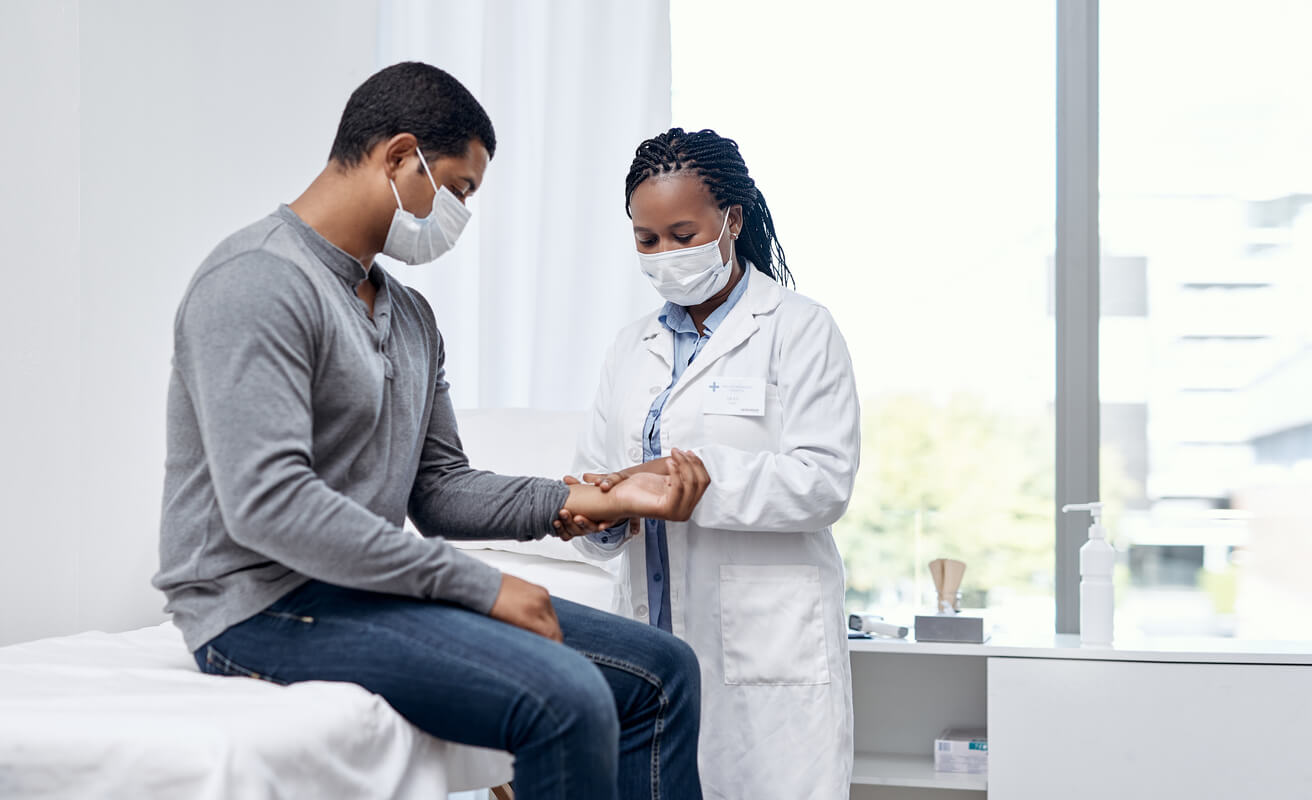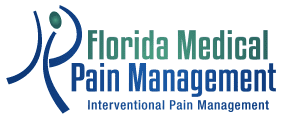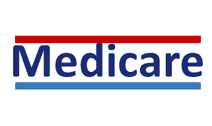
Chest Pain After a Car Accident: What You Need to Know
What to know about chest pain after a car accident? Car accidents can be a traumatic experience, leaving those involved with physical injuries and emotional distress. Among the most common injuries in car accidents are chest injuries, ranging from mild to severe. One of the most significant and often alarming symptoms of chest injuries is chest pain. Understanding the types of chest pain injuries that can result from car accident, their symptoms, potential treatments, and what to do in an emergency is crucial.
Types of Chest Injuries Resulting from Car Accidents
Car accidents can cause various kinds of chest pain injuries, including:
- Sternum fractures: Motor vehicle accidents account for 60-90% of sternum fractures.
- Rib fractures: Broken or bruised ribs often result from car accidents. Untreated broken ribs can be life-threatening and may lead to severe pain associated with taking a deep breath, sneezing, coughing, and muscle bruising.
- Lung damage: Car accidents can cause lung damage that ranges from minor bruises and punctured or collapsing lung tissues to punctures that collapse one or both lungs.
- Blunt cardiac injury: Doctors typically assess cardiovascular risks after an accident to ascertain a person’s risk for heart attack or other potentially lethal complications. Chest pain and shortness of breath are the two hallmark symptoms of blunt heart injury. At the same time, palpitations or symptoms similar to angina may manifest in some individuals.
Symptoms of Chest Injuries
The symptoms of chest injuries resulting from car accidents can include:
- Generalized chest pain that may mimic other medical conditions.
- Shortness of breath and pain in taking deep breaths or coughing.
- Tenderness, swelling, or deformity of the chest area, including broken or bruised ribs.
- Feeling short of breath or having difficulty inhaling.
- Chest pain on one lung side.
- Bluish skin, lightheadedness, reduced breathing sounds, or increased heart rate due to blunt cardiac injury.

Emotional Effects of Chest Injuries
Chest pain resulting from car accident can have significant emotional effects on individuals. The experience of being involved in a traumatic event, such as a car accident, can lead to a range of emotional responses, including fear, anxiety, depression, and post-traumatic stress disorder (PTSD).
Individuals who have suffered chest injuries from car accidents may also experience emotional distress related to their physical limitations and the impact on their daily activities. For example, they may have difficulty performing everyday tasks such as dressing, cooking, or playing with their children. This can lead to frustration, helplessness, and a loss of independence.
Furthermore, individuals with chest injuries may have to take time off work, resulting in financial stress, job loss, or a decreased quality of life. They may also feel isolated and unsupported during the recovery process, which can exacerbate feelings of depression and anxiety.
Recognizing the emotional impact of chest injuries resulting from car accidents and seeking professional help is essential. A mental health professional can provide counseling, support, and coping strategies to help individuals deal with the emotional effects of their injuries and the trauma of the accident. It is also essential to have a strong support system of family and friends to help during the recovery process.
Diagnosis of Chest Injuries
Doctors may perform physical examinations and imaging tests such as CT or X-ray scans to diagnose chest injuries. They will also ask about objects hit during an accident, as steering wheel strikes are one of the leading causes of blunt cardiac injuries. Doctors will ask about the intensity and location of the pain and perform a physical exam to look for tender spots before ordering additional tests to detect broken ribs or damage to the airways or lungs.
Treatment and Recovery
Recovery and treatment following a car accident depend on the extent and complexity of injuries sustained in an accident. Treatment options include:
- Pain relief medications, including restlessness, cold therapy, and pain medications for muscle or bone injuries.
- Physical therapy sessions and possibly additional therapies.
- Monitoring the heart for 24-48 hours for potential risks such as cardiac arrest or life-threatening arrhythmias.
- A person trusted with overseeing older or high-risk patients who need regular monitoring in an intensive care unit.
In case of an emergency, dial 911 for immediate help or the number for the nearest medical facility. If a person has stopped breathing before emergency services arrive, perform manual chest compressions. Public locations often house AEDs that provide an electric shock that can stimulate and restore cardiac functions within seconds.
Conclusion
Car accidents can cause chest injuries that can impact physical and emotional well-being. Understanding the symptoms, diagnosis, treatment, and recovery options is crucial to managing the physical and emotional effects of chest injuries resulting from car accidents. It is essential to seek immediate medical care if any of the symptoms listed here are present.

Schedule Your Appointment
Suppose you have been in a car accident and are experiencing chest pain or other symptoms. In that case, it is essential to seek medical attention promptly. Florida Medical Pain Management is here to help you. Our team of highly trained and experienced doctors includes anesthesiologists and psychologists who specialize in treating pain and trauma resulting from car accidents.
At Florida Medical Pain Management, we are committed to providing the highest quality care to our patients. We understand the physical and emotional toll car accidents can have on individuals. Our team is dedicated to helping you manage your symptoms and improve your overall well-being.
Don’t let chest pain or other symptoms from a car accident affect your quality of life. Contact Florida Medical Pain Management today to schedule a consultation.
Our Treatment Services
Florida Medical Pain Management’s top priority is serving our patients’ needs and creating long-lasting relationships with them. Our treatments include:
- Treatment for Neuropathy
- Arthritis Management
- Back Pain Medication
- Chronic Pain Treatments
- PRP Injections
- Epidural Injection
- Regenerative Medicine
- Hip Pain Medication
- Ketamine Infusion Therapy
We want to help patients live more fulfilling and productive lives by effectively managing their pain. Florida Medical Pain Management also provides home therapy and many more. Click here to see our other services.















